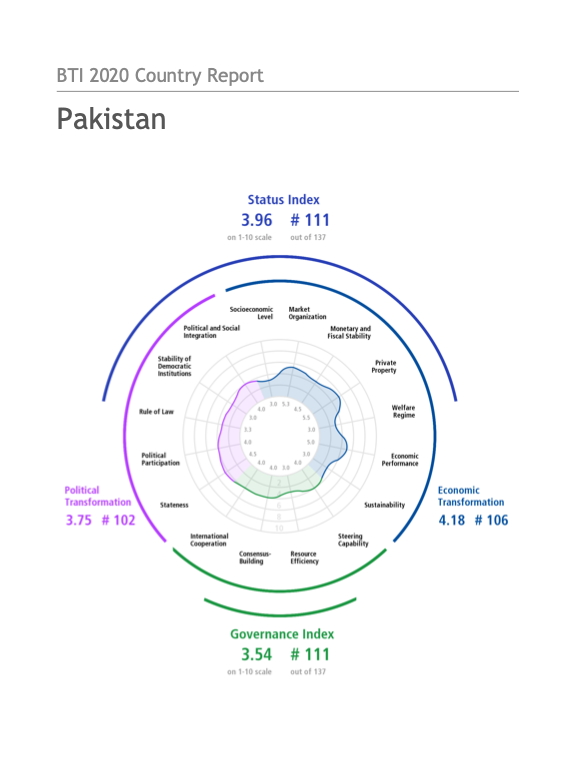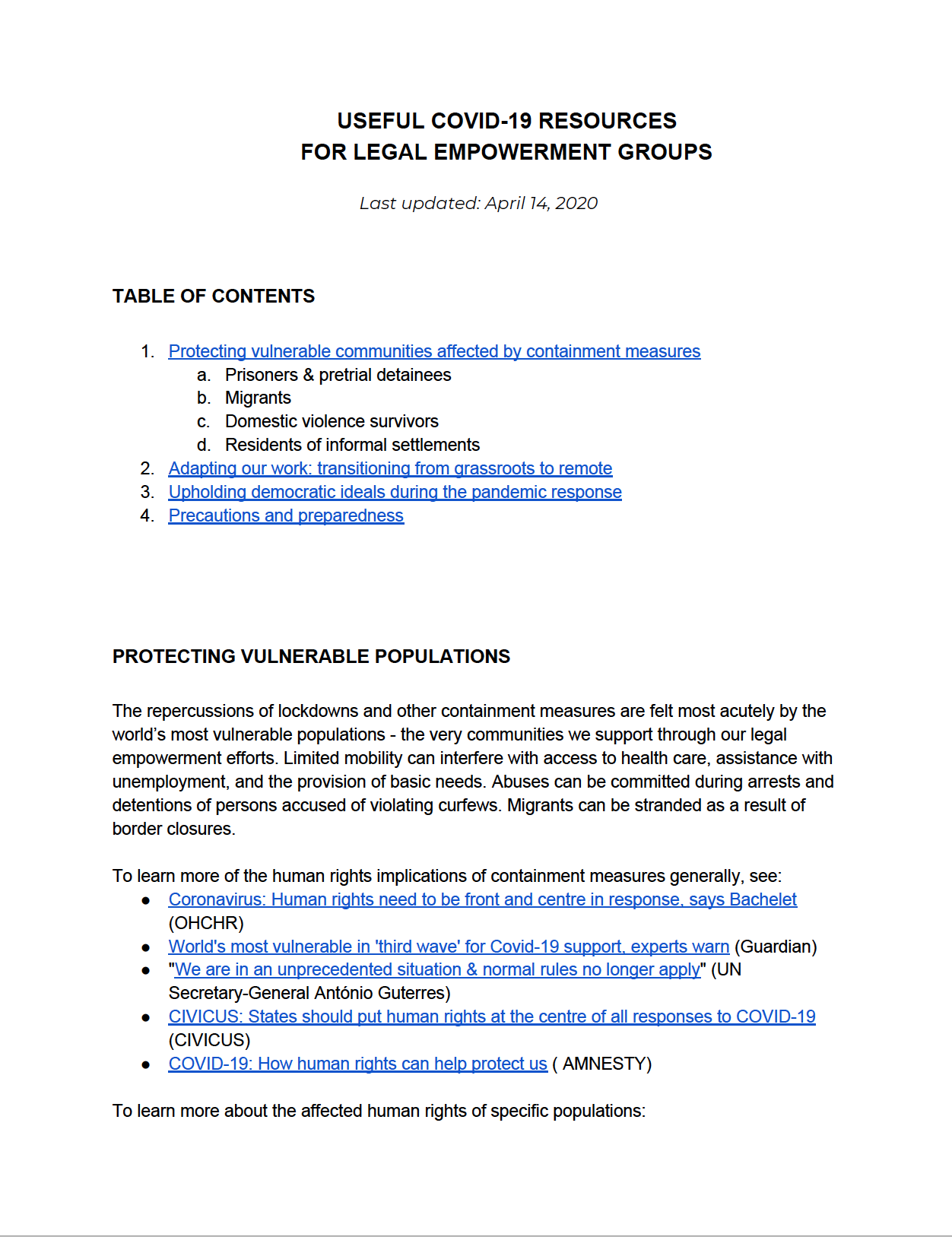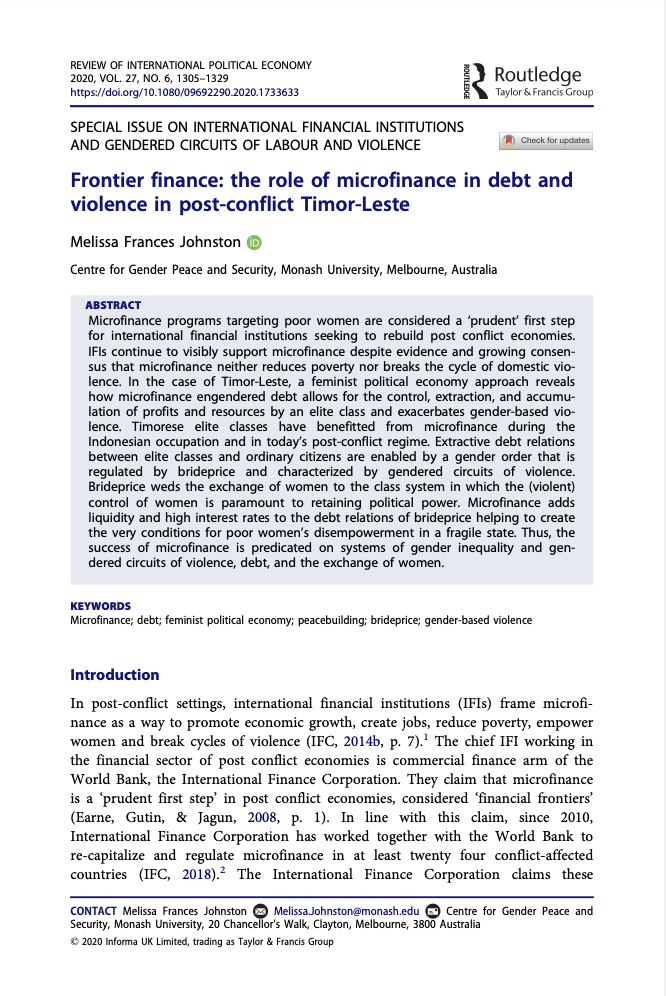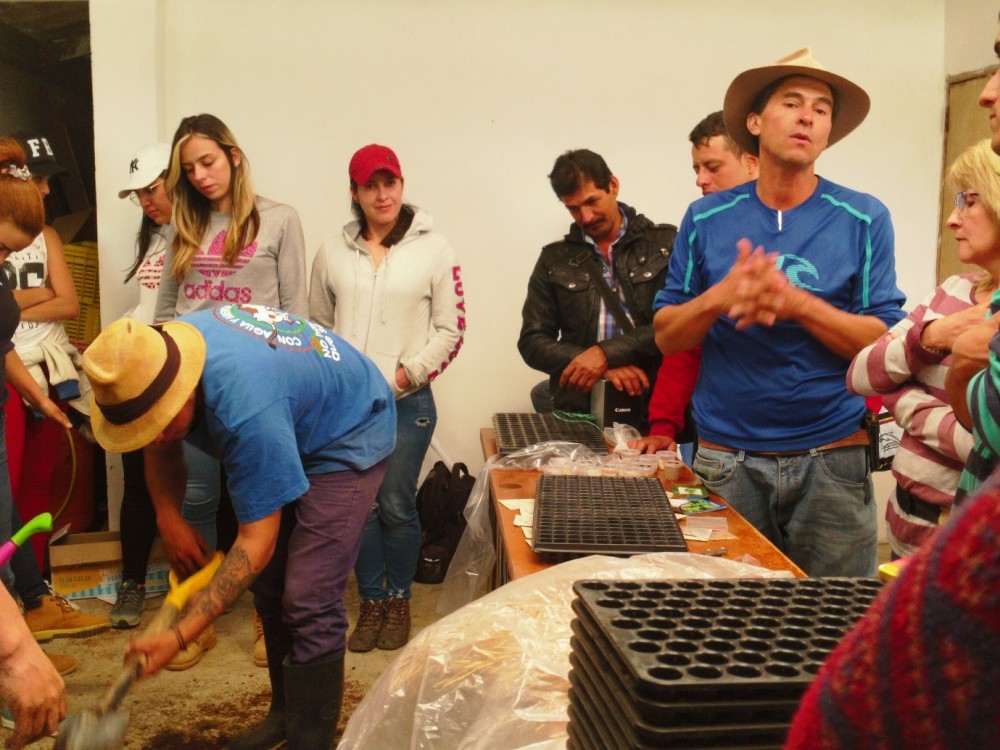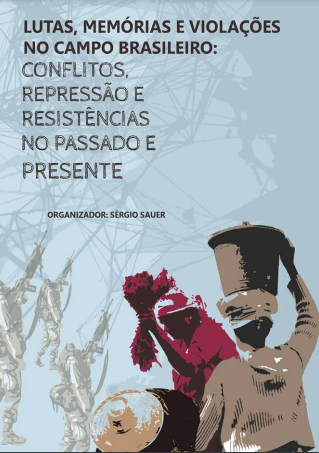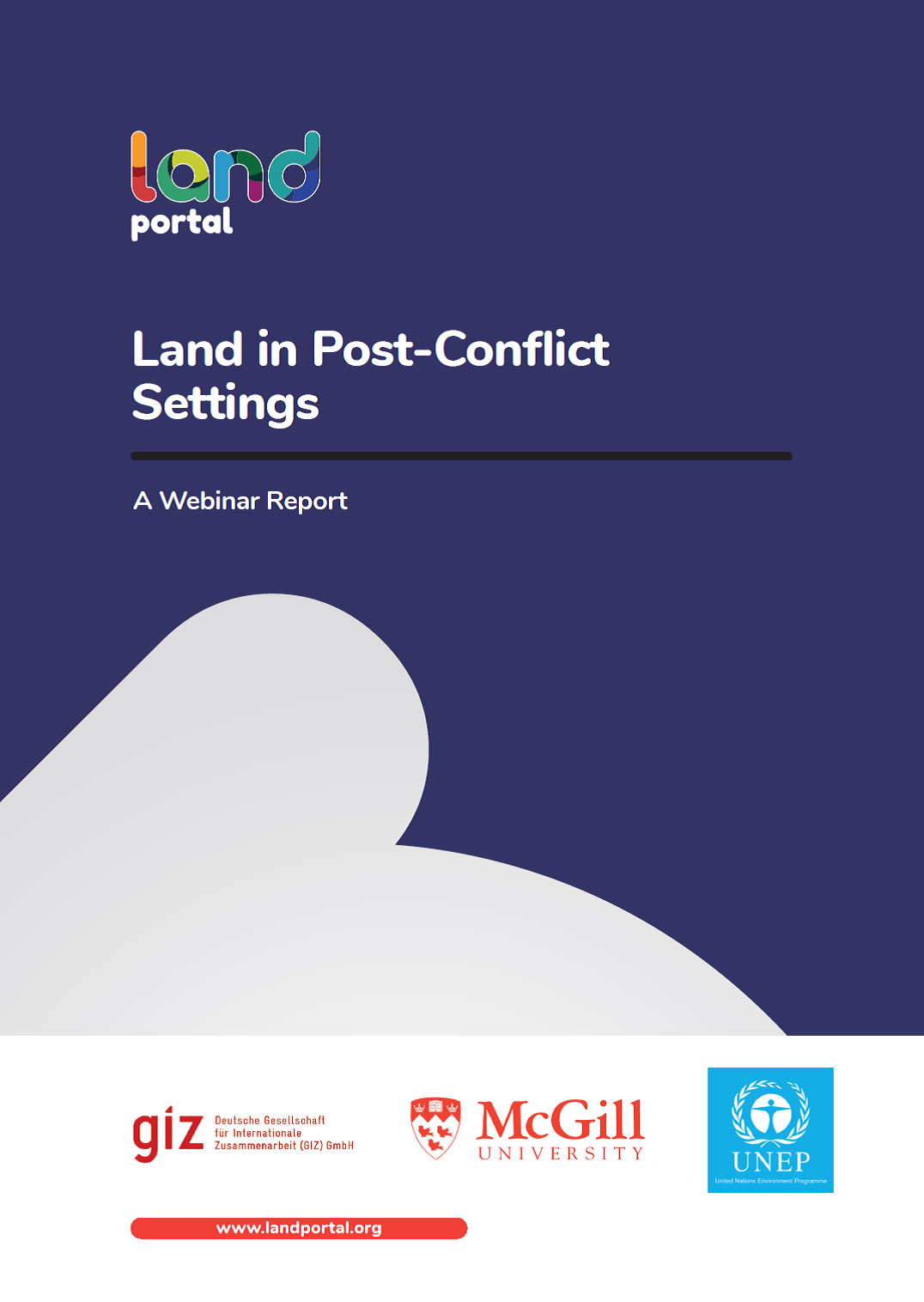EVICTION AND RELOCATION
Eviction and relocation are longstanding issues that have had severe consequences for poor communities in Phnom Penh. The right to housing is a fundamental human right, and one that is often ignored throughout the eviction and relocation process. Since the 1980s, Phnom Penh has witnessed the eviction and relocation of more than 50 communities, around 9,832 families, more than 40,000 people, most of whom suffered and continue to suffer as a result of the process.

